100 Years (2021)
100 Years of Chinese Communist Party: Its Mark on Modern China
Gênero : Documentário, História
Runtime : 49M
Director : Pearl Forss
Sinopse
As the Communist Party of China celebrates its 100th anniversary, this documentary looks back at the party’s history, from the 1920’s, to the Civil War, the Great Leap Forward, the Great Famine, the Cultural Revolution and the reforms by Mao Zedong and Deng Xiaoping. Did the Great Famine cost more than 15 million lives? How does the Cultural Revolution continue to shape Chinese politics today? What was capitalism like after Mao’s death? Through rare and never-before-seen historical footage, expert interviews and eyewitness accounts of the Great Famine, Tiananmen incident, and the Cultural Revolution, get to know how one party has so profoundly shaped China.
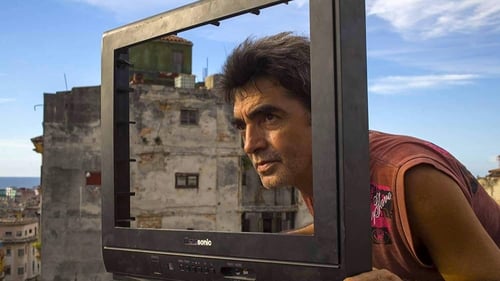
The chronic shortage of housing in Central Havana has pushed the city upwards, where life spills out onto the rooftops. Resilient and remarkable, these rooftop dwellers have a privileged point of view on a society in the process of major transformation.

Thomas Sankara, former president of Burkina Faso, was known as "the African Che", and became famous in Africa due to his innovative ideas, his devastating humor, his spirit and his altruism. More than a classic biography, this film sheds light on the impact that this man and his politic made on Burkina Faso and Africa in general.

Soviet animation from Vladimir Tarasov.
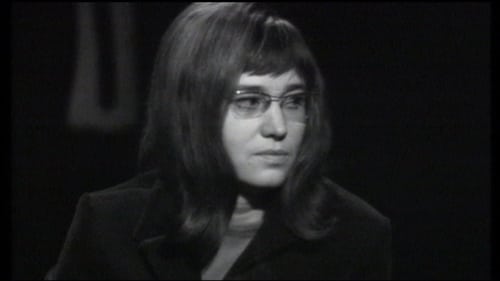
Inspired by the student revolutions of 1968, two women in Germany and Japan set out to plot world revolution as leaders of the Baader Meinhof Group and the Japanese Red Army. What were they fighting for and what have we learned?
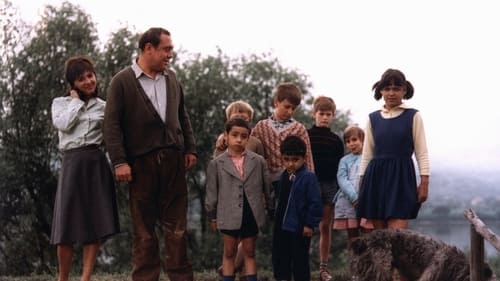
Hungary, 1950s. József Pelikán, who works as a dam keeper on the Danube, meets by chance Zoltán Dániel, an old friend whom he saved from death years before and who is now a powerful politician.

It's 1980. Malin is fatherless, angry, and in trouble. At 20, he's spent a year in jail for assaulting a lover of Lily, his mother. In her desk he finds a soldier's photograph and assumes he's found his father. He confronts the man, now a teacher, and gets nowhere. At home again, he mocks his mother. Finally, she tells him her grim story, from the year before his birth. We see a people's court, where Lily's parents seek justice for their grandchild to be. We follow Lily to a prison camp, to the city where she's told to inform on the only person who's been kind, to an asylum, and finally to her current poverty and loneliness. How will Malin respond to these revelations?
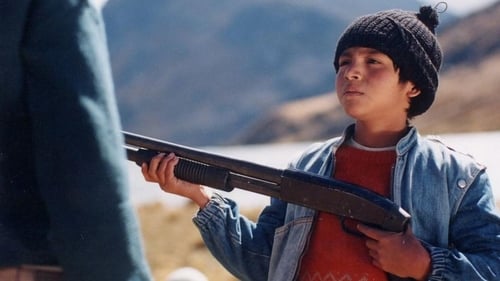
Juan, a young man convicted of terrorism, is given amnesty from a Lima prison; he boards a bus to return home and, in his mind's eye, recalls events in his village near Huaraz when he was 10 or 12. His father is long dead, his mother lives with Fermin, secretly a sympathizer with the Communist guerrillas in the hills. Town leaders are assassinated at night. When Juan discovers Fermin's secret, Juan is spirited away to the guerrillas to learn Marxist slogans and how to fight. When the band decides to attack the town to avenge the death of a comrade, Juan must choose.
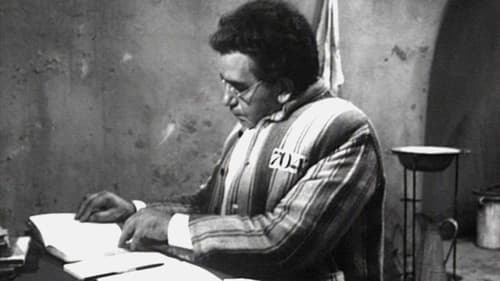
Antonio Gramsci, sentenced to twenty years in prison by the fascist tribunals, relives the stages of his political career and private life.

In 1988, 20-year-old Kirsi Marie Liimatainen travels from Finland to the GDR, to study Marxism-Leninism at the International Youth Academy. In summer of´89 the course ends and the students spread out over the world. Afew months later, the Berlin Wall falls. 24 years later Kirsi, sets out on a cinematic journey to Nicaragua, South Africa, Chile, Bolivia, Lebanon, Germany and Finland to meet up once more with her former fellow students. What remains of their dream of the liberation of the oppressed?

The impact of Marx on the 20th century has been all-pervasive and world-wide. This program looks at the man, at the roots of his philosophy, at the causes and explanations of his philosophical development, and at its most direct outcome: the failed Soviet Union.

History is Marching is a feature length documentary analysing the rise in tensions between major powers across the globe over the course of 2018. The film follows western history from 1945 to the present day, before looking at how capitalist society is today breaking down into the largest crisis in its history. Socialism or extinction?

Silent Gunpowder (Serbo-Croatian: Gluvi barut) is a Yugoslavian war film Based on a novel by Branko Ćopić and set during World War II, the film tells the story of a Serbian village in the mountains of Bosnia and its villagers who found themselves divided along two opposing ideological lines, represented by the Chetniks and the Partisans. These two opposing sides are personified in the Partisan commander Španac and a former Royal Army officer Radekić. Španac sees Radekić as the cause of villagers' resistance to the new, Communist, ideology and so the main plot axis is the conflict between them. At the 1990 Pula Film Festival, the film won the Big Golden Arena for Best Film, as well as the awards for Best Actor in a Leading Role (Branislav Lečić), Best Film Score (Goran Bregović). The film was also shown at the 1991 Moscow International Film Festival, where both Branislav Lečić and Mustafa Nadarević won the Silver St. George Award for their performances.

Born in Austria in 1903, Jacob Rosenfeld was imprisoned in Dachau. He manages to flee and takes refuge in Shanghai, like 30,000 other people. He exercised his profession there and sought to get involved in 1941 alongside the revolutionaries of the Chinese Communist Party. Rosenfeld becomes a surgeon on the war front between China and Japan. Thanks to his talents as a doctor and an organizer, he soon became close to Mao Tsé-Toung. In 1945, he was appointed general, responsible for the health of the armies and the entire liberated area. He is now called General Luo. Later, he became the Minister of Health of the first communist government. Thanks to his journal found in 2001, this documentary traces its extraordinary destiny.

Vladimir Ilyich Ulyanov, better known as Lenin, is remembered as the instigator of the October Revolution of 1917 and, therefore, as one of the men who changed the shape of the world at that time and forever, but perhaps the actual events happened in a way different from that narrated in the history books…

A joint fight of Macedonian and Greek people against the fascist monarchical government of Greece ended with their defeat in 1949, after many years of bloodshed. Many members of the democratic party DAG, as well as the innocent inhabitants experienced the destiny of political exile.

Pre-Cultural Revolution propaganda at its most lavish, this model opera depicts the history and evolution of the Communist Party of China under Mao Zedong from its founding in July 1921 to the establishment of "New China" in 1949. Detailed in the musical are several key events in CPC history such as the Northern Expedition, the KMT-led Shanghai massacre of 1927, the Nanchang Uprising and formation of the People's Liberation Army, the Long March and the founding of the PRC on October 1, 1949.

A powerful Argentine political film stands on the figure of an outsider intellectual, Sebreli, but manages to transcend it, he becomes a touchstone to go through Argentina and its dilemmas, through this country that is proud of almost everything it should be ashamed of. From national icons like Gardel, Evita, Che, and Maradona the film dialogs with recent Argentine history and it does so with extraordinary energy, supported by a rarely seen use of all kinds of archive material in an almost Dionysian state of sampleadelia. The film arrives to a surprising reflection on nationalism, demagogic governments and delusions of unanimity; problems that are common to emerging societies that cannot find their ways to a freer and more egalitarian society.

2018 marks the 200th anniversary of the birth of German philosopher and Communist icon Karl Marx. Even in the 21st century, Marx remains relevant. Who was the man who changed and divided the world with his theses?

On June 5, 1989, one day after Chinese troops expelled thousands of demonstrators from Tiananmen Square in Beijing, a solitary, unarmed protester stood his ground before a column of tanks advancing down the Avenue of Eternal Peace. Captured by Western photographers watching nearby, this extraordinary confrontation became an icon of the fight for freedom around the world. FRONTLINE investigates the mystery of the tank man — his identity, his fate, and his significance for the Chinese leadership.












